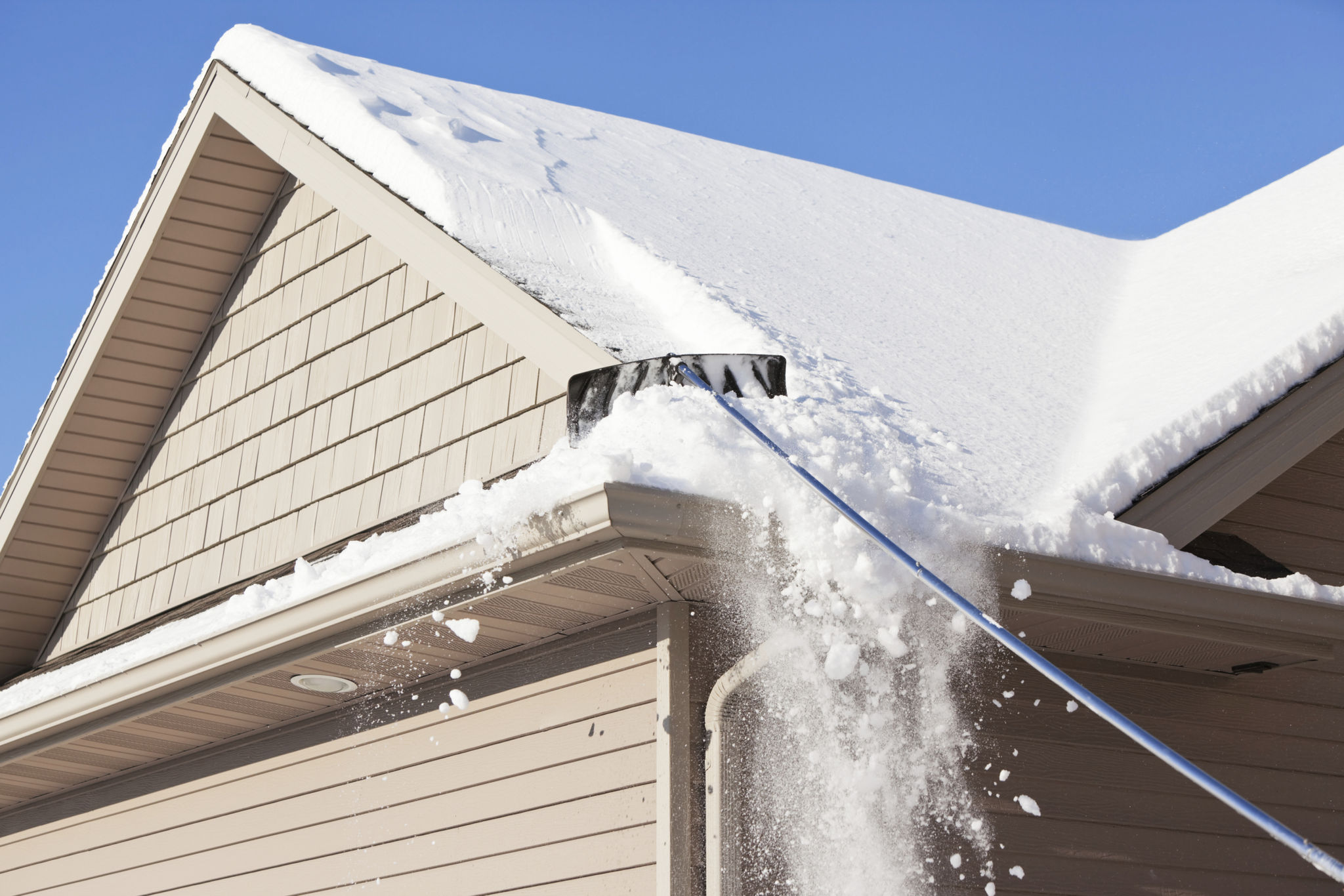Navigating Local Cleaning Regulations in Ontario: What Homeowners Need to Know
Understanding the Basics of Local Cleaning Regulations
Homeowners in Ontario are often surprised to discover the range of local cleaning regulations that apply to their properties. Understanding these rules is crucial not only for maintaining a clean and healthy home but also for ensuring compliance with local laws. These regulations can cover everything from waste disposal to the use of specific cleaning agents.

Waste Management and Disposal
One of the primary areas regulated is waste management. In Ontario, homeowners are required to follow specific guidelines for disposing of household waste, including recycling and hazardous waste. This ensures that waste is managed in an environmentally sustainable manner. Improper disposal can lead to fines and penalties. It is important to separate recyclables, organic waste, and general trash according to municipal guidelines.
Environmental Considerations
Environmental protection is a key focus of local cleaning regulations. Homeowners must be mindful of the cleaning products they use, as certain chemicals can be harmful to the environment. Many municipalities encourage the use of green cleaning products that are biodegradable and non-toxic. This not only helps in reducing the ecological footprint but also contributes to a healthier living environment.

The Role of Municipal Bylaws
Municipal bylaws play a significant role in shaping local cleaning regulations. These laws can vary significantly from one municipality to another, so it’s essential for homeowners to familiarize themselves with the specific rules applicable in their area. Bylaws may dictate everything from lawn maintenance standards to restrictions on water usage for cleaning purposes.
Keeping Up with Seasonal Regulations
In Ontario, certain cleaning regulations are seasonal. For instance, during winter months, homeowners are often required to clear snow and ice from sidewalks adjacent to their property. This ensures the safety of pedestrians and reduces the risk of accidents. Similarly, summer months may bring regulations regarding lawn and garden maintenance to prevent overgrowth.

Resources for Homeowners
To stay informed about local cleaning regulations, homeowners can access resources provided by their municipal government. Many municipalities offer online portals where residents can find detailed information about current regulations, including any recent updates or changes. Moreover, attending local community meetings can provide valuable insights and allow homeowners to ask questions directly to officials.
Consequences of Non-Compliance
Failing to adhere to local cleaning regulations can have several consequences. Homeowners may face fines, legal actions, or other penalties. In addition, non-compliance can lead to health and safety hazards, which could affect not only the homeowner but also their neighbors and community. Therefore, staying compliant is not only a legal obligation but a civic duty.
Conclusion
Navigating local cleaning regulations in Ontario requires a proactive approach. By understanding and complying with these rules, homeowners can contribute to a cleaner, safer, and more sustainable community. Regularly reviewing municipal guidelines and utilizing available resources can help ensure compliance and peace of mind.
